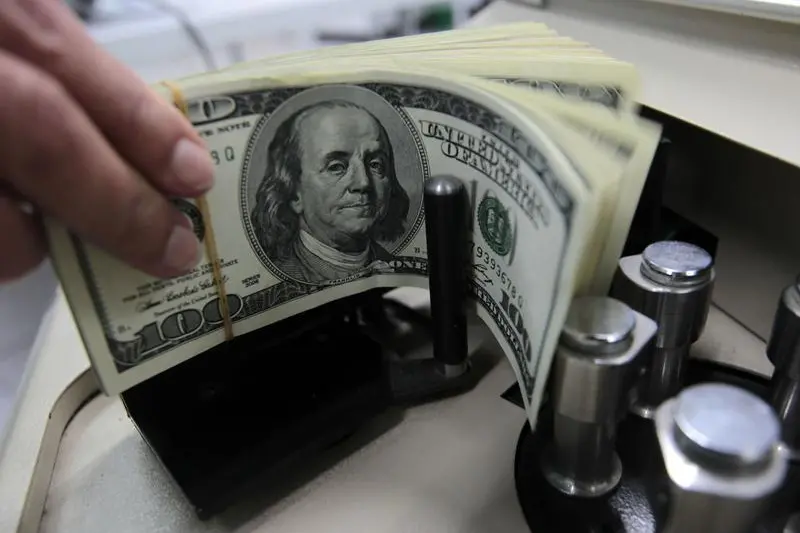PHOTO
TOKYO- The U.S. dollar rose to a two-week high on Monday as recent strong economic data led investors to think again about how dovish the Federal Reserve is likely to sound at this week's monetary policy meeting.
Broader currency markets were quiet, as traders hesitated to put on large positions before the Fed's two-day meeting, a meeting of European Central Bank policymakers in Portugal and the Bank of England's interest rate decision on Thursday.
Strong U.S. retail sales on Friday reduced the already-low chances of a rate cut this week and lifted the dollar, although Fed Chairman Jerome Powell may lay the groundwork for a rate cut later this year.
Expectations of a rate cut at the Fed's June 18-19 meeting have fallen to a probability of around 20%. But bets for monetary easing at its July meeting remain high, with money markets pricing in 24 basis points of cuts from current rates.
Investors are scaling back their dollar long positions, according to CFTC data published last week.
But analysts are not convinced the euro can seize on dollar weakness to move higher.
"Despite what should be a softer dollar environment this summer, there are enough EUR negatives out there (ECB easing, trade wars, Italy & Brexit to name a few) to prevent EUR/USD breaking out of a $1.10-$1.15 range this year," analysts at ING said.
The dollar index, which measures it against a basket of currencies, hit a two-week high of 97.603, up marginally on the day.
The euro was little changed at $1.1213, as investors awaited policymakers speeches at the ECB meeting in Sintra in Portugal and Tuesday's euro zone inflation data.
While fears that a protracted Sino-U.S. standoff could tip the global economy into recession have prompted rate cuts in India, Philippines, Malaysia, New Zealand and Australia, the ECB has also signalled the prospect of more stimulus.
Analysts say the path for rate cuts will depend on U.S.-China talks to resolve a conflict over trade.
"Markets are pricing a high probability of a July (Federal Reserve) cut, despite there being unusually high uncertainty, particularly around trade. We find it hard to believe that the Fed would cut rates if post-G20, for example, there were a de-escalation of tensions with China (eg simply a resumption of talks)," said RBC strategist Elsa Lignos.
The dollar was up 0.5 versus the Japanese currency to 108.63 yen.
Sterling slid further towards a 2019 low, touching as low as $1.2573, its weakest since January. Investors worry Boris Johnson, the frontrunner to replace Prime Minister Theresa May, could put Britain on a path towards a no-deal Brexit.
(editing by Larry King) ((thomas.wilkes@thomsonreuters.com))





















